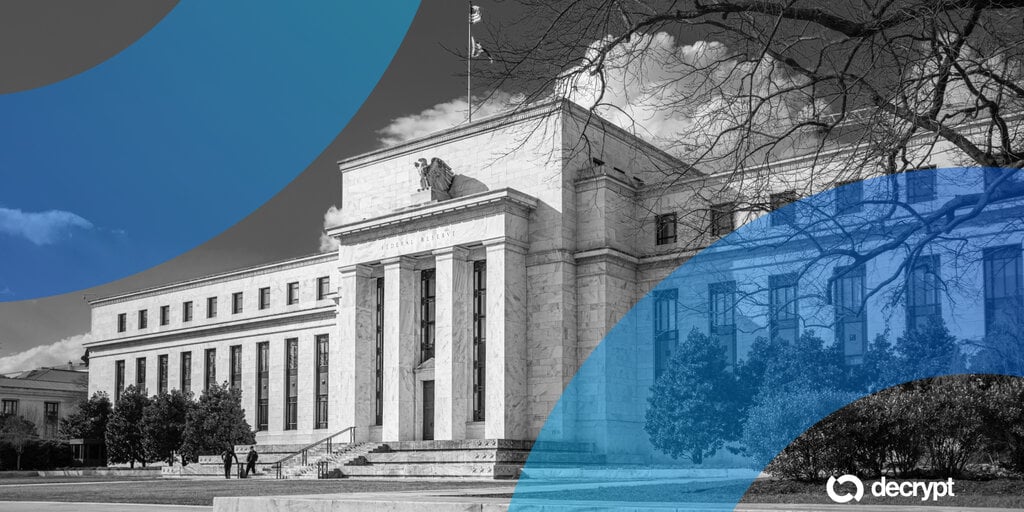
Federal Reserve’s New Approach to Cryptocurrency
In a groundbreaking statement that could redefine the Federal Reserve’s stance on digital assets, Vice Chair for Supervision Michelle Bowman recently proposed allowing Federal Reserve staff to hold small amounts of cryptocurrency. Her comments were made during her speech at the Wyoming Blockchain Symposium, signaling a potential regulatory shift in how the U.S. central bank engages with the crypto sphere.
The Case for Practical Experience in Crypto
Bowman advocated for allowing staff to own de minimis amounts of cryptocurrency to gain practical understanding of how these assets function. She framed it as a necessary step toward creating informed regulatory frameworks. Highlighting the potential of blockchain technology, Bowman noted its ability to streamline asset transfers, reduce transaction costs, and expand access to capital markets. According to her, “Tokenization has the ability to minimize frictions, create efficiency, and transform ownership platforms.”
Bridging Technology and Regulation
Bowman emphasized the importance of legal and regulatory frameworks keeping pace with technological innovation. “As adoption grows, systems must be supported by robust legal structures to ensure security and wider usability,” she added. Bowman’s remarks point to a future where blockchain technology and cryptocurrency are more integrated into traditional financial institutions.
This perspective resonated with crypto experts and legal analysts. Many agree it reflects a shift from caution to curiosity by U.S. regulators. “Bowman’s comments indicate an evolving mindset within the Federal Reserve, one where regulatory competence arises from direct familiarity rather than hesitation or fear,” shared Vincent Liu, Chief Investment Officer at Kronos Research.
Concerns About Ethical Challenges
While her proposal was praised for its forward-thinking approach, it has also sparked debate about potential conflicts of interest. Critics argue that permitting regulators to hold speculative assets, even in small amounts, could erode public trust in the Federal Reserve’s impartiality. Public affairs attorney Andrew Rossow cautioned, “Ownership of cryptocurrency by regulatory staff raises legitimate questions about perceived or actual biases in policymaking.”
Why This Matters for Crypto Regulation
Despite the concerns, Bowman’s remarks represent a pivotal moment in the Federal Reserve’s engagement with cryptocurrency. By suggesting practical exposure to digital assets for staff, the Fed appears to be leaning toward crafting a regulatory framework that embraces innovation without compromising ethical standards.
Crypto Insights for the Future
As the conversation around cryptocurrency advances, Bowman’s remarks underscore an important crossroads for the Federal Reserve and the broader financial industry. Whether this proposal leads to concrete policy changes or broader adoption of blockchain solutions remains to be seen, but what is clear is that the conversation is no longer about whether cryptocurrency will play a role in the financial system, but how it will be integrated.
Interested in Jumping into Cryptocurrency?
If you’re intrigued by crypto’s potential, consider starting with a secure wallet to explore this space responsibly. We recommend the Trezor Model T Wallet, a trusted and secure way to manage your digital assets. It’s always essential to conduct your own research and invest wisely.





